Sitzender Rückenakt am Ufer (ca 1925.)
More about this artwork
Delivery
Reproductions are made to order and take 5 to 7 working days.
We send them out by courier and delivery takes another two working days.
If you need a reproduction sooner, please contact us - we can usually find a solution and produce it a little faster.
If you don't want to pay for postage, you can pick up your paintings at our galleries in Kaunas or Vilnius.
Returns
Yes, reproductions can be returned.
If you have any doubts more than 30 days after the date of purchase, please contact us - we will take the reproduction back for a refund or offer you a replacement!
We accept a maximum of two returns per customer - please note that we make reproductions to order, so please choose responsibly.
We do not refund shipping expenses.
Otto Müller was a German painter and printmaker of the Die Brücke expressionist movement.
Mueller was born in Liebau (now Lubawka, Kamienna Góra County), Kreis Landeshut, Silesia. Between 1890 and 1892 he was trained in lithography in Görlitz and Breslau. From 1894 to 1896 he studied at the Academy of Fine Arts in Dresden and continued his study in Munich during 1898. He left Munich's academy after Franz von Stuck classified him as untalented.



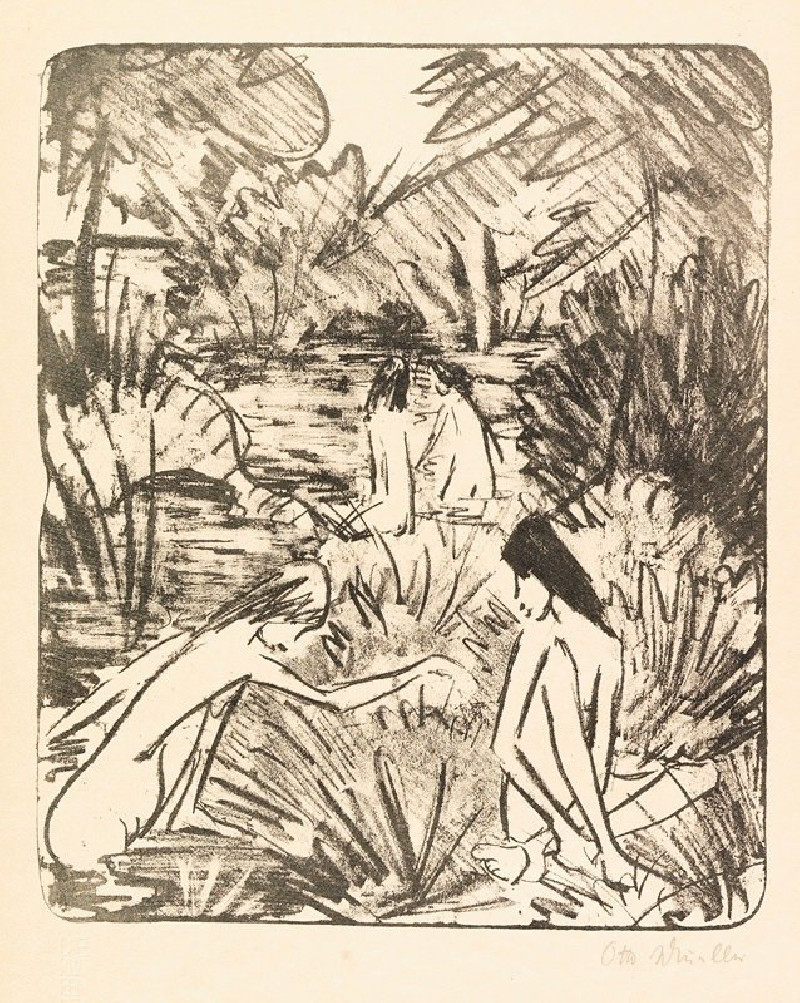

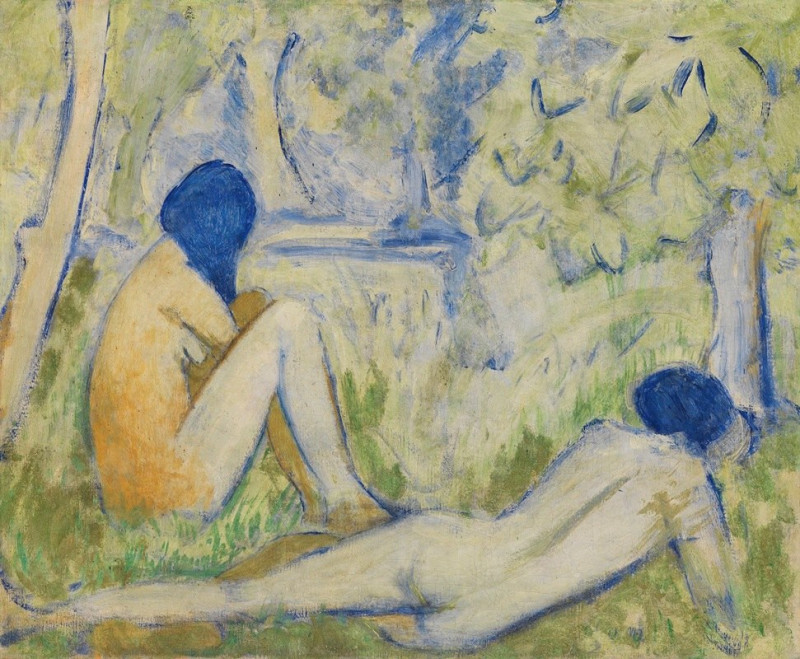
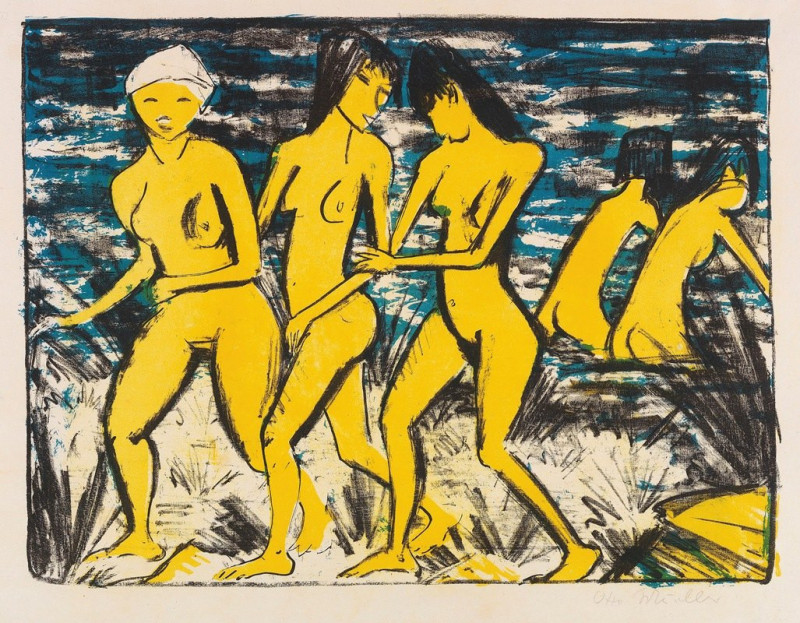
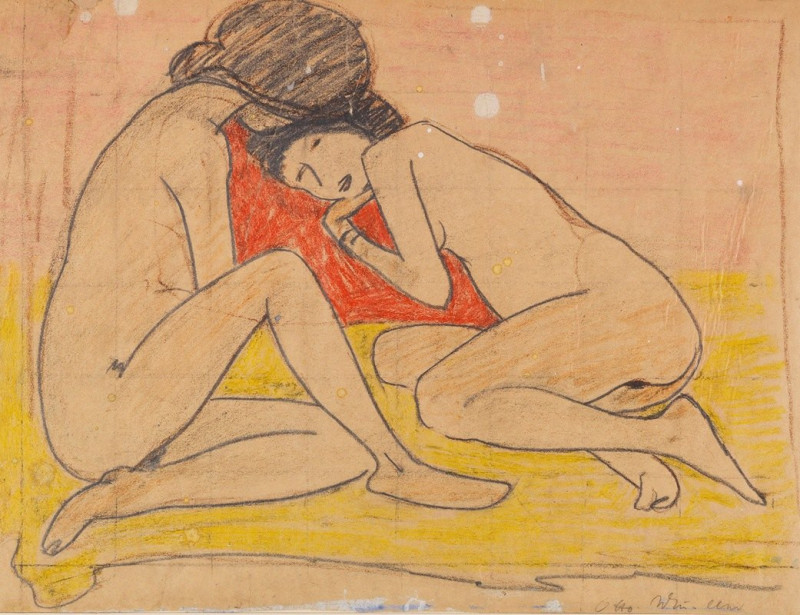
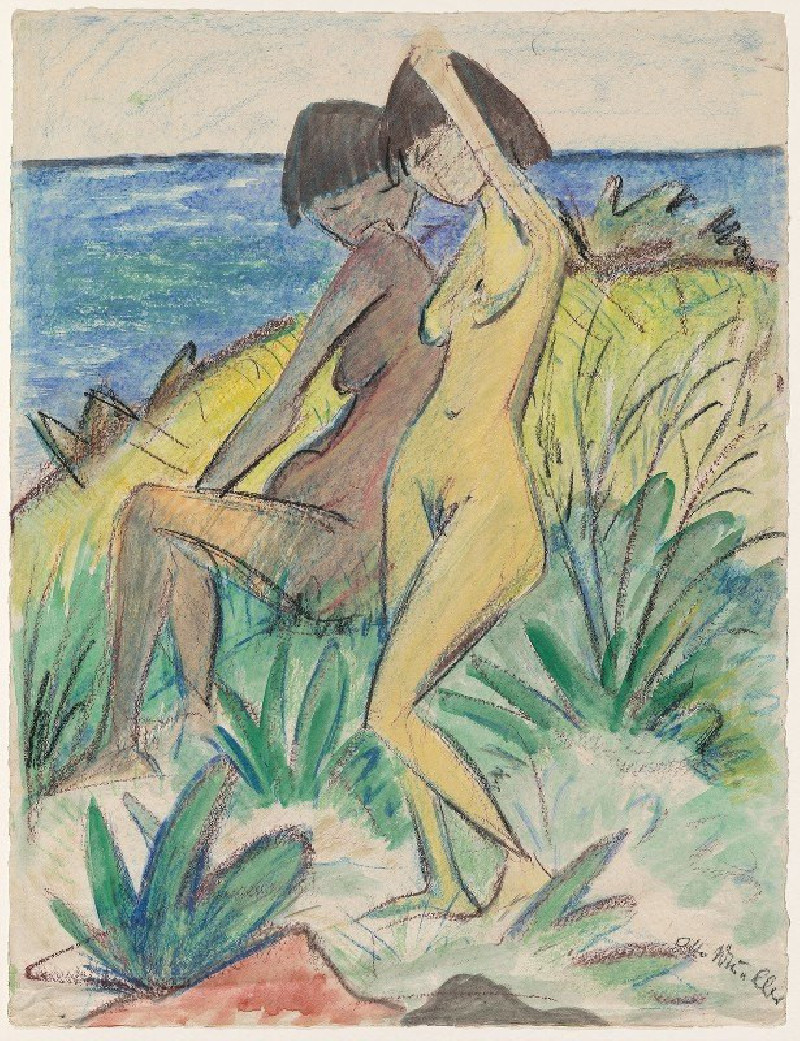
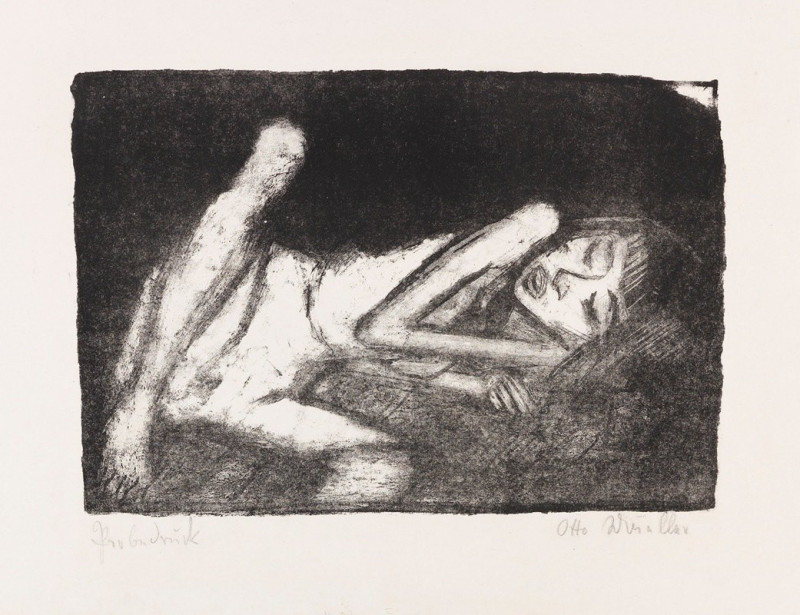
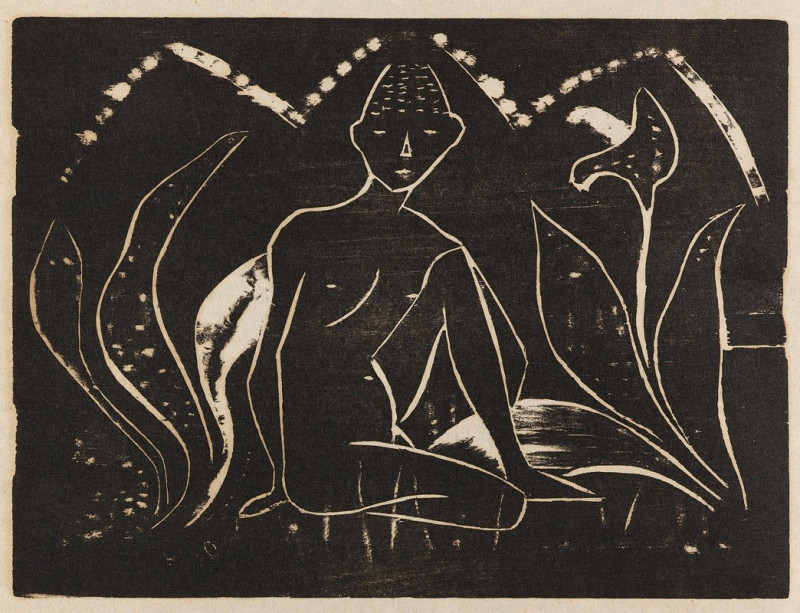


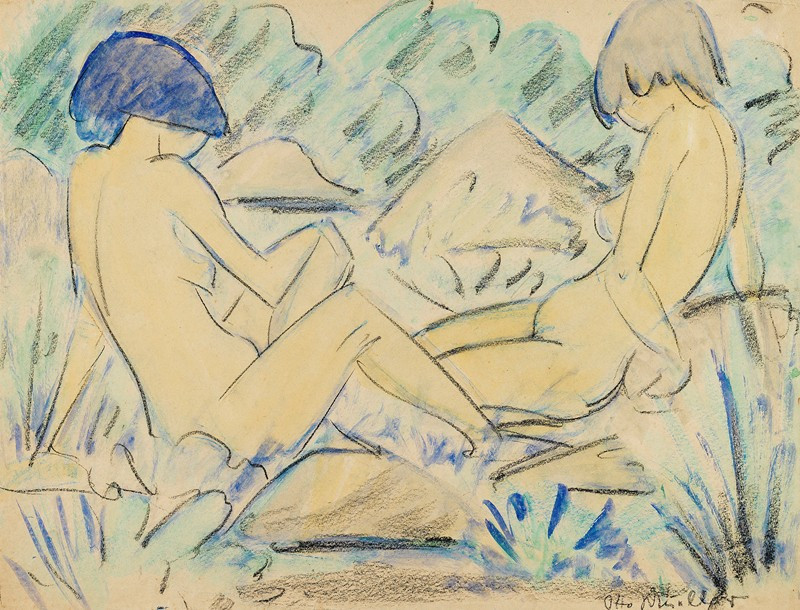
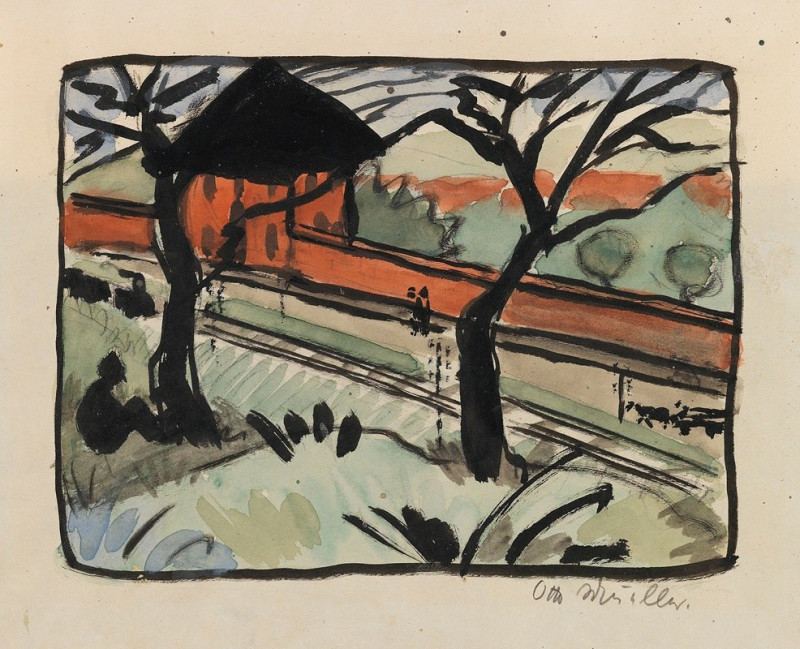
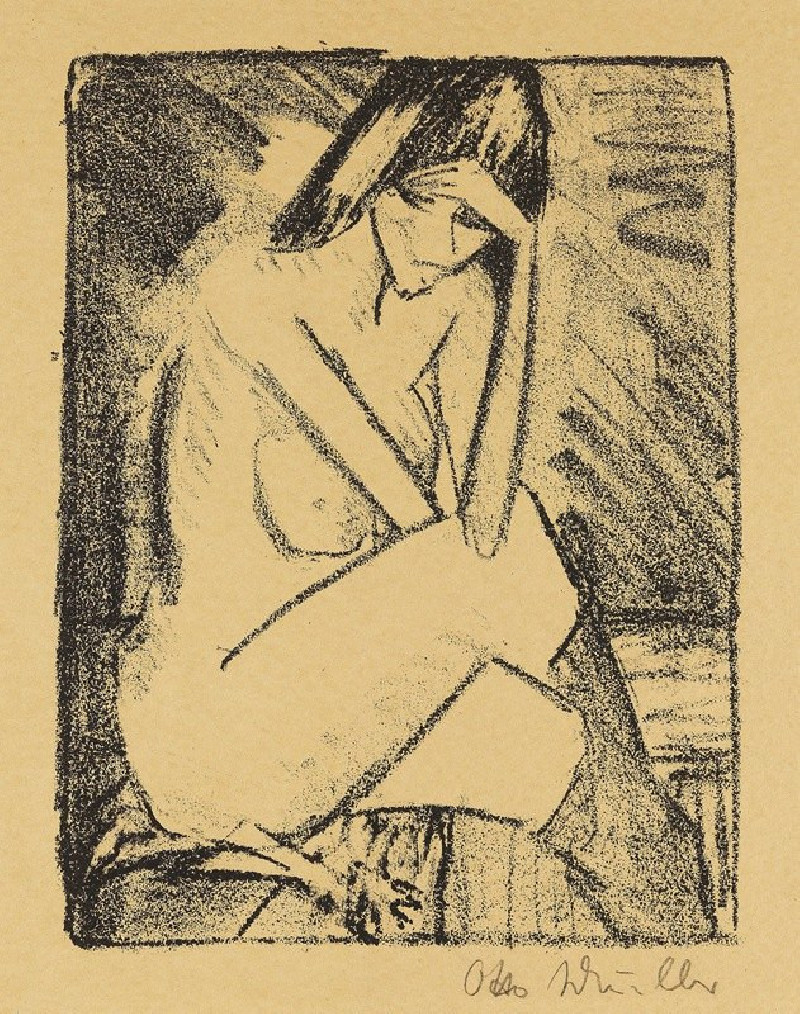
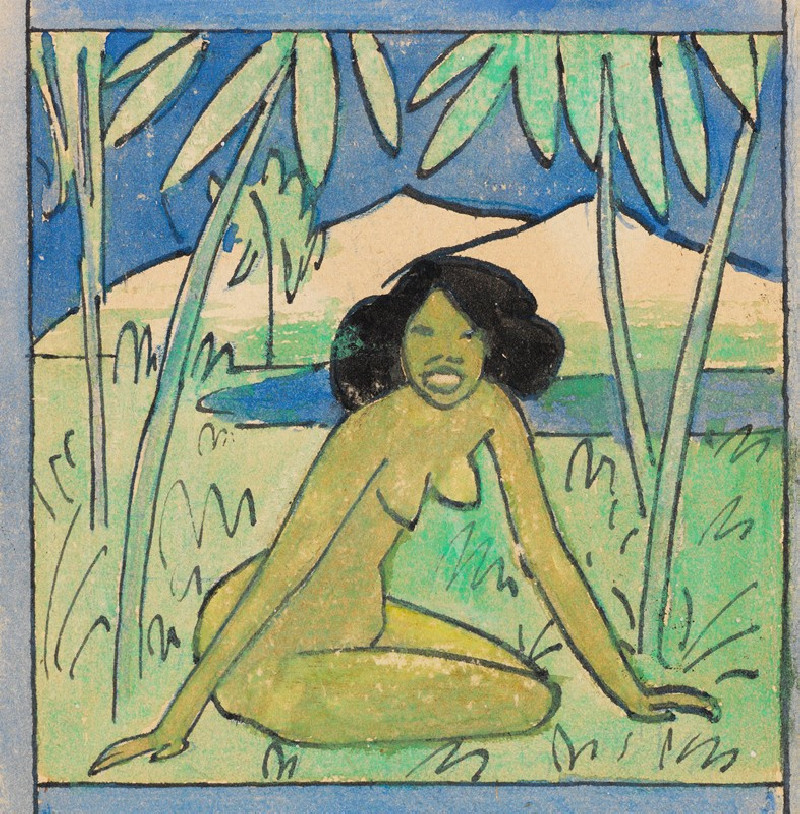
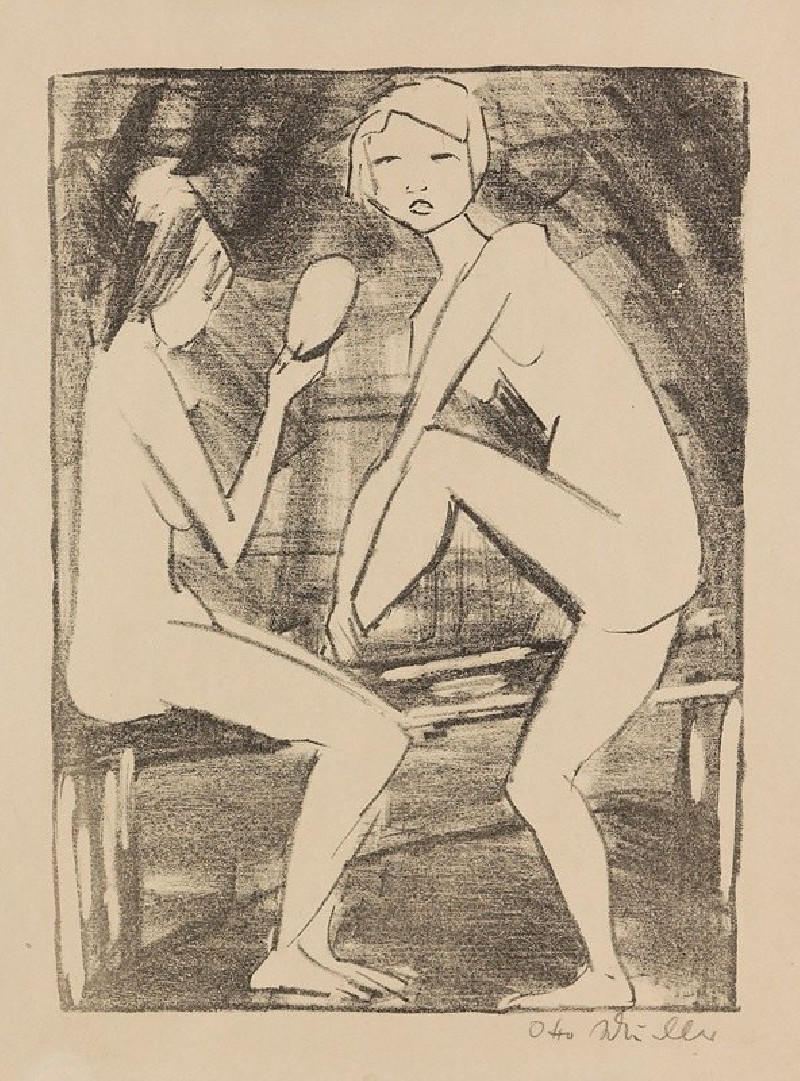
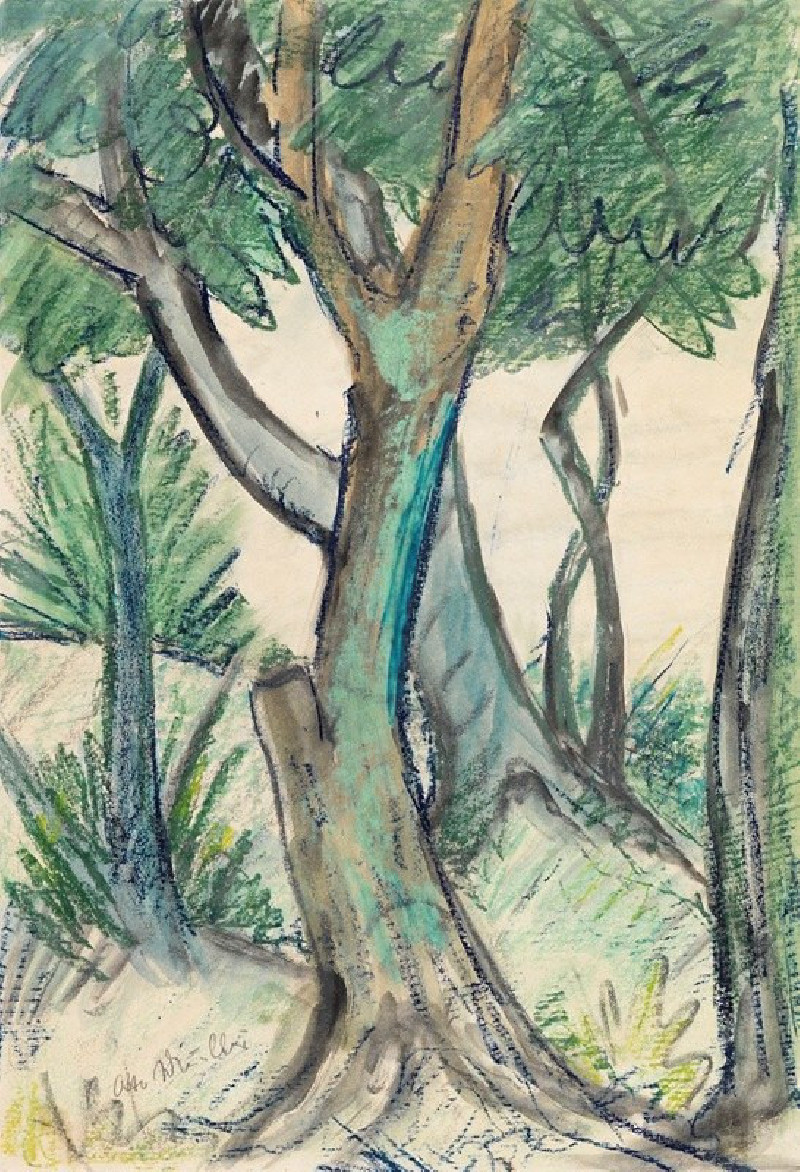





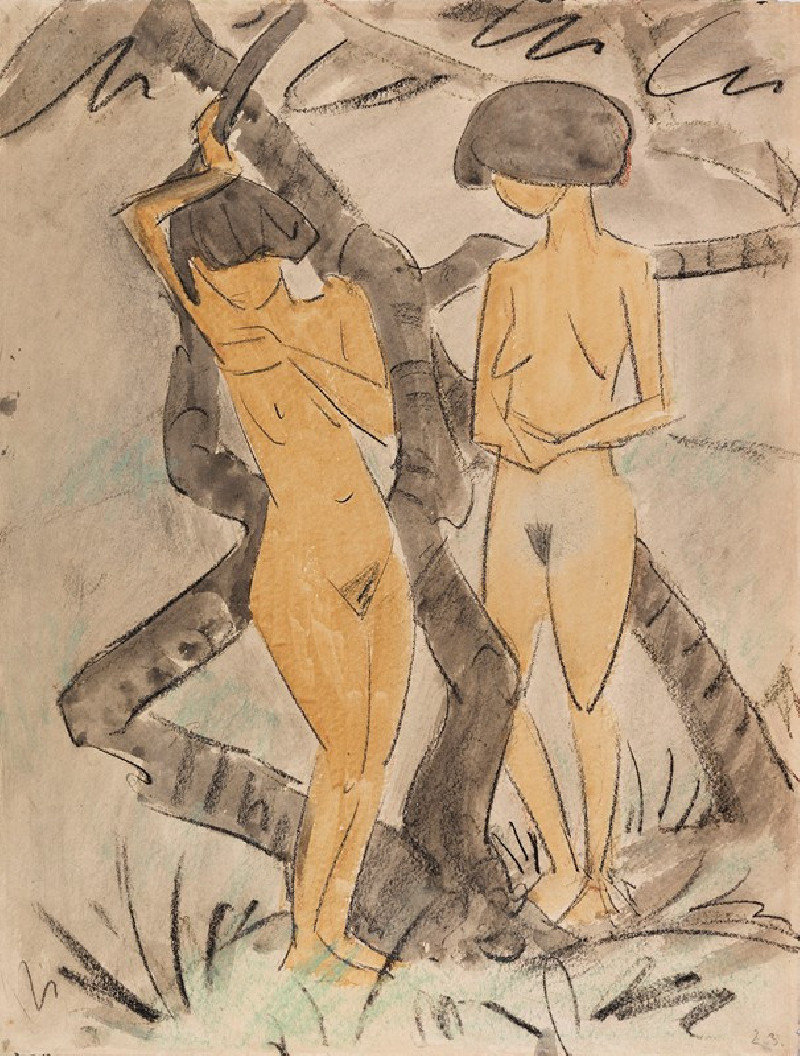

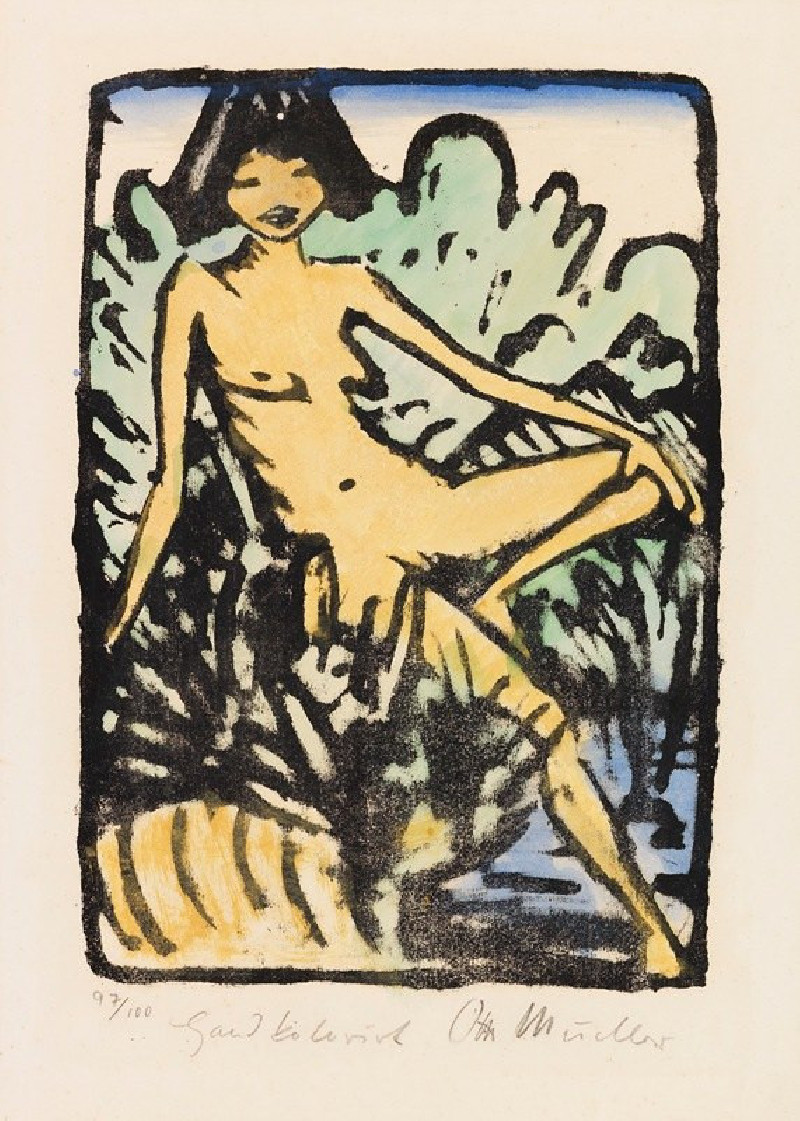
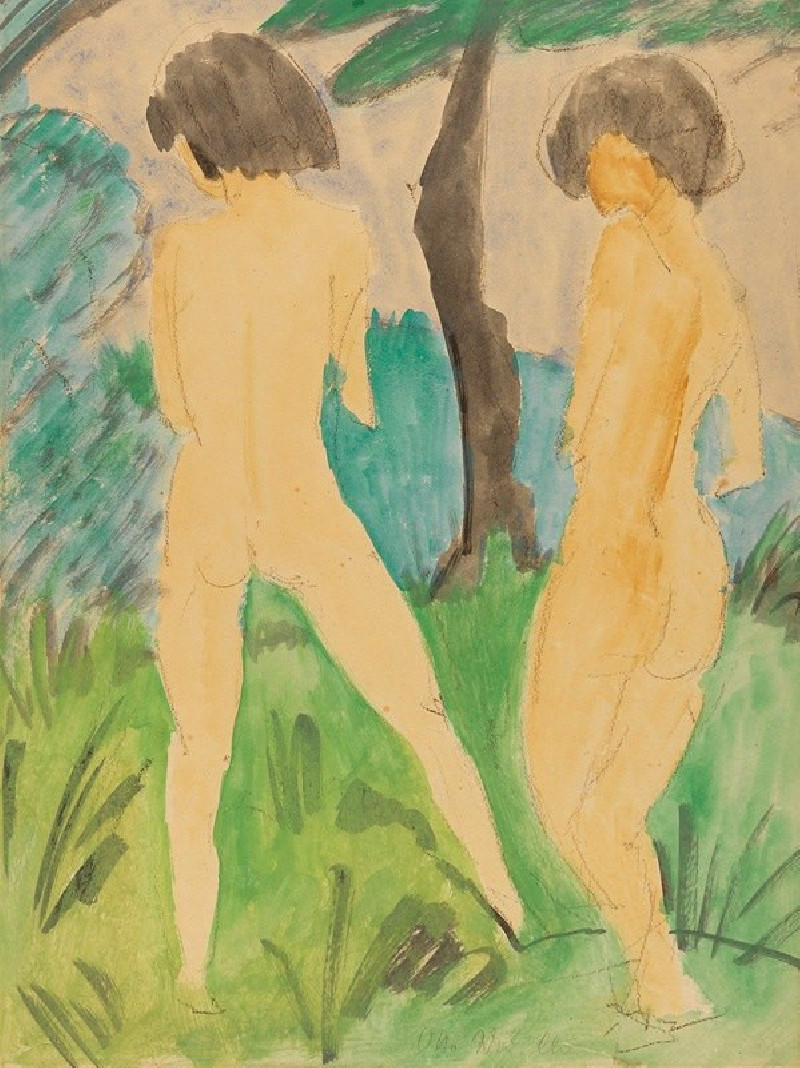

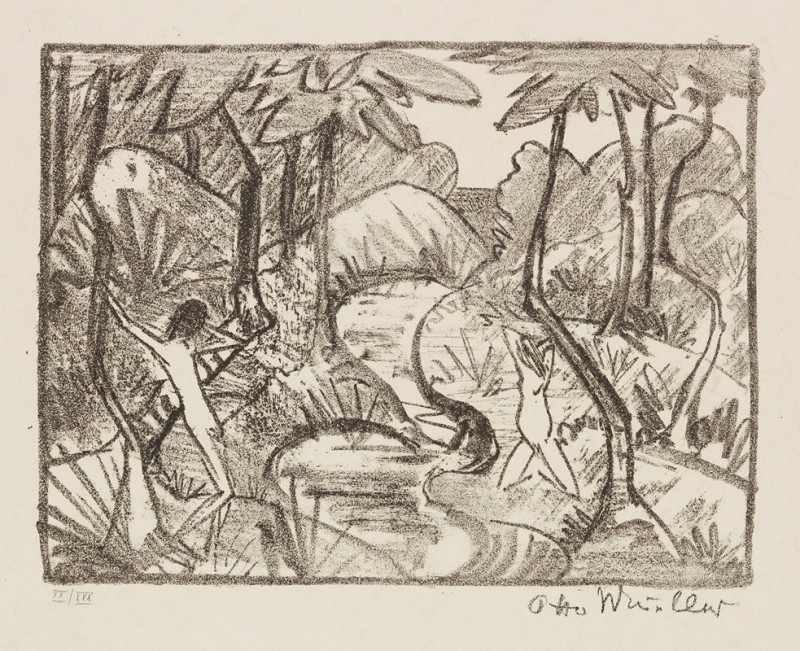

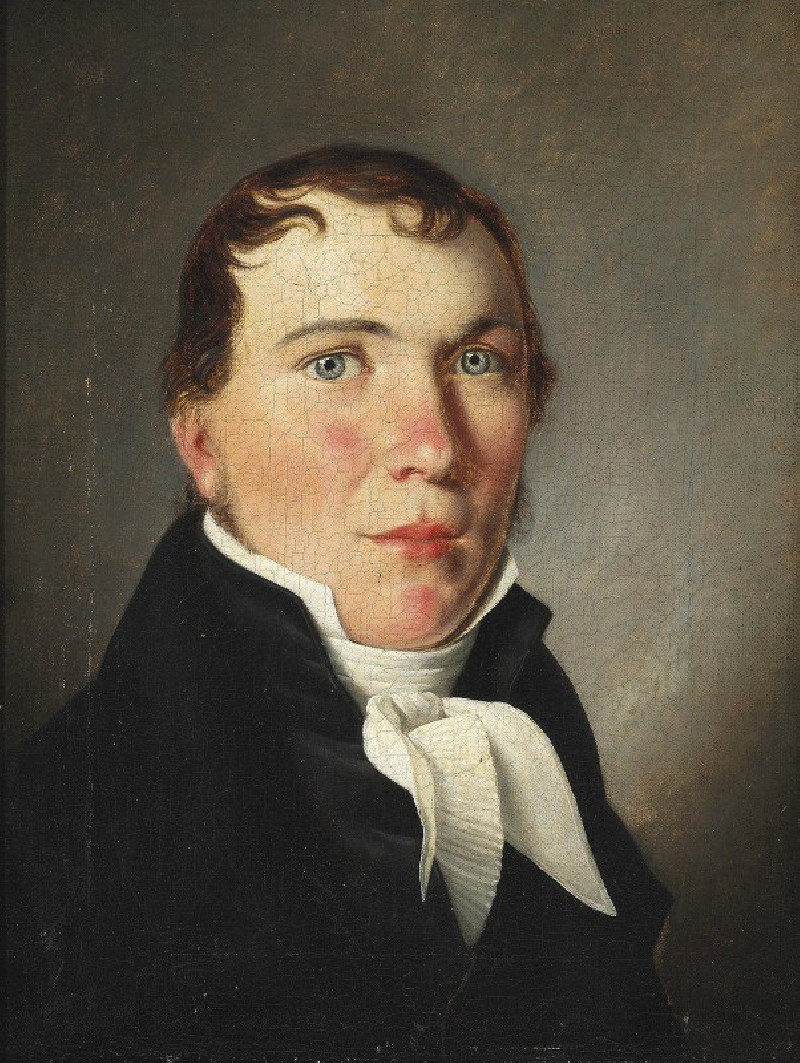

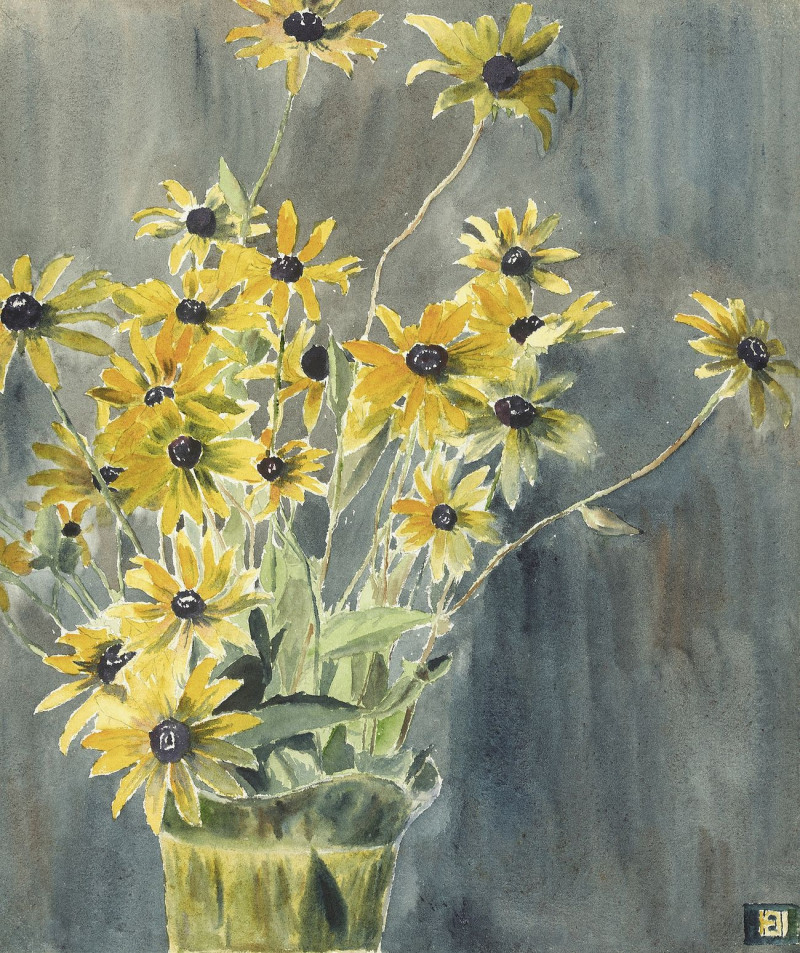
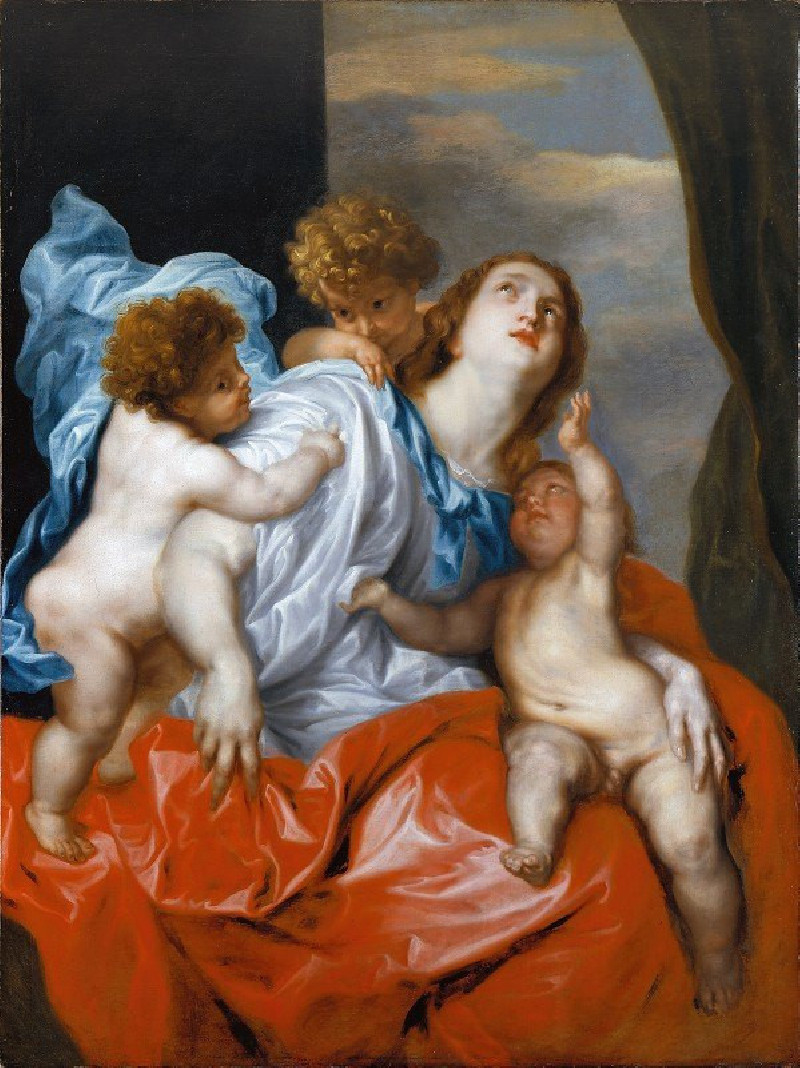
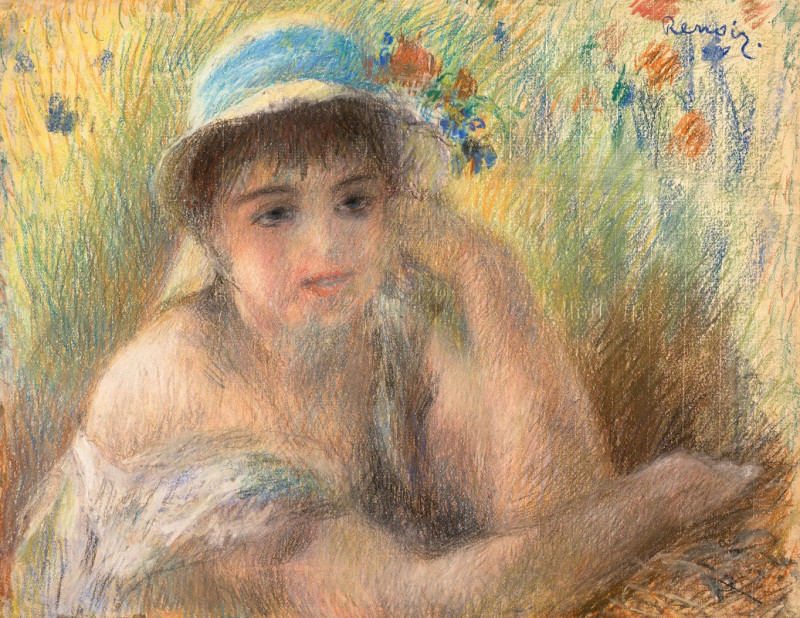

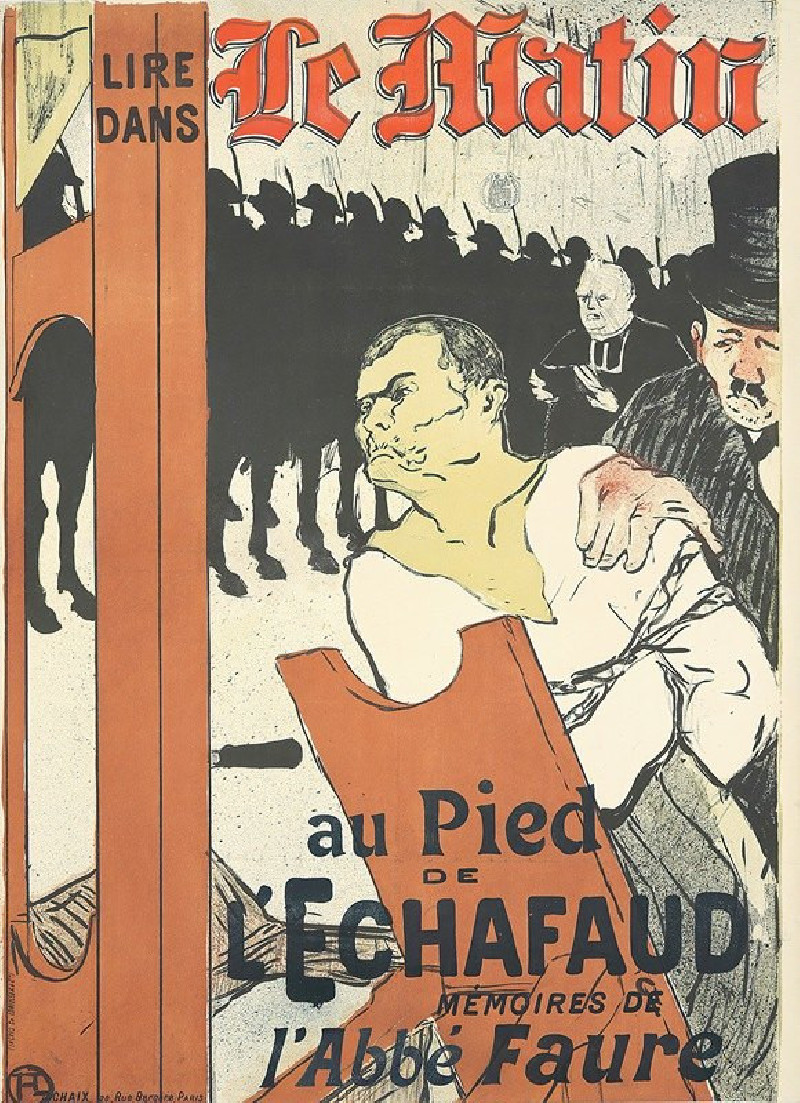

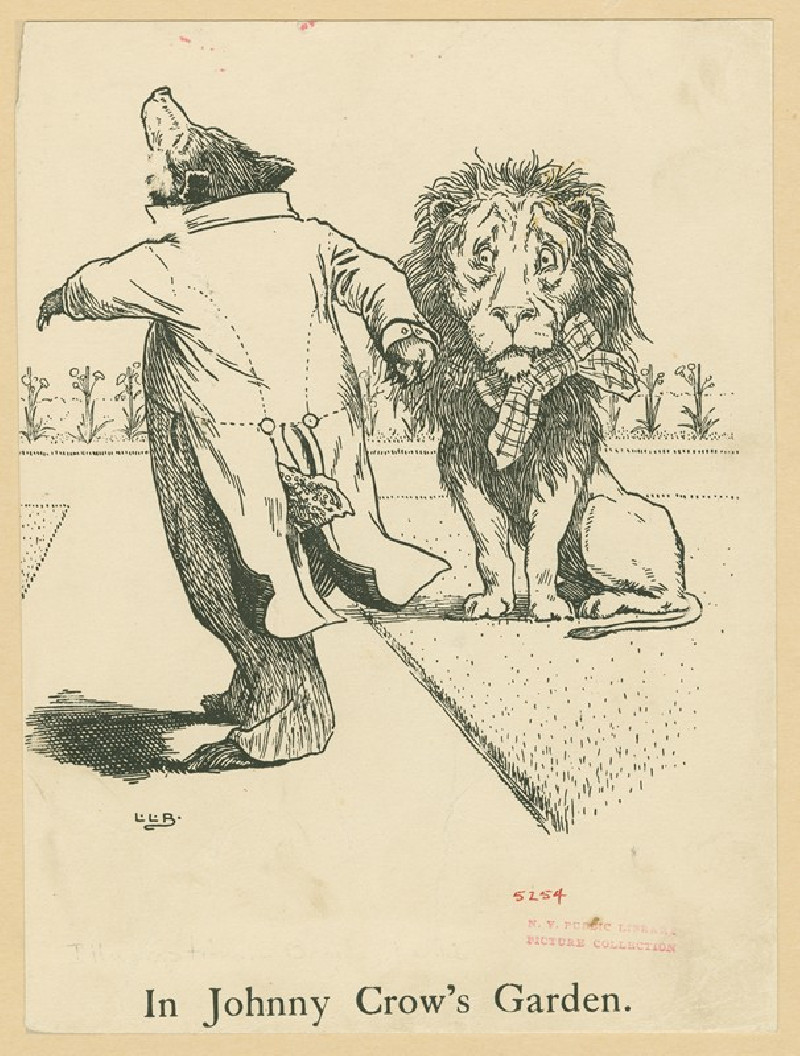

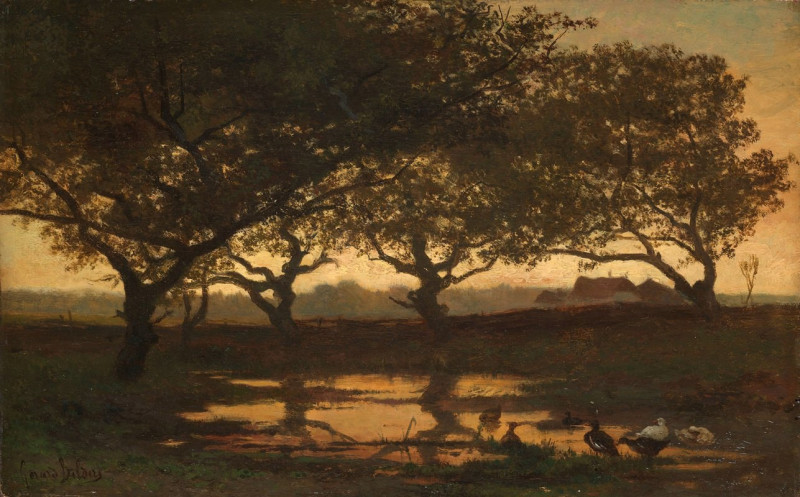
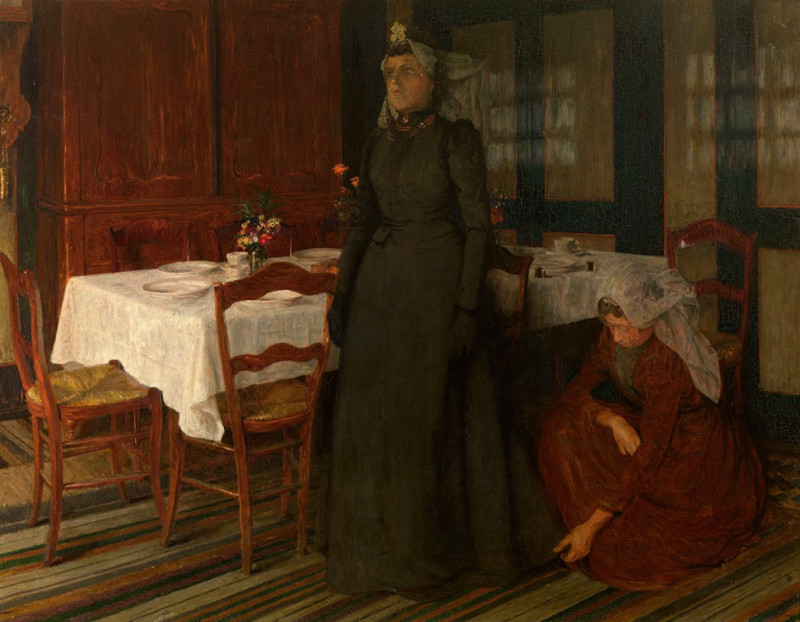
![One of two colossal statues of Rameses [sic] II. Entrance to the Temple at Luxor. (1846-1849) reproduction of painting by Dav...](https://reprodukcijos.lt/39250-large_default/reproduction-of-one-of-two-colossal-statues-of-rameses-sic-ii-entrance-to-the-temple-at-luxor-1846-1849.jpg)
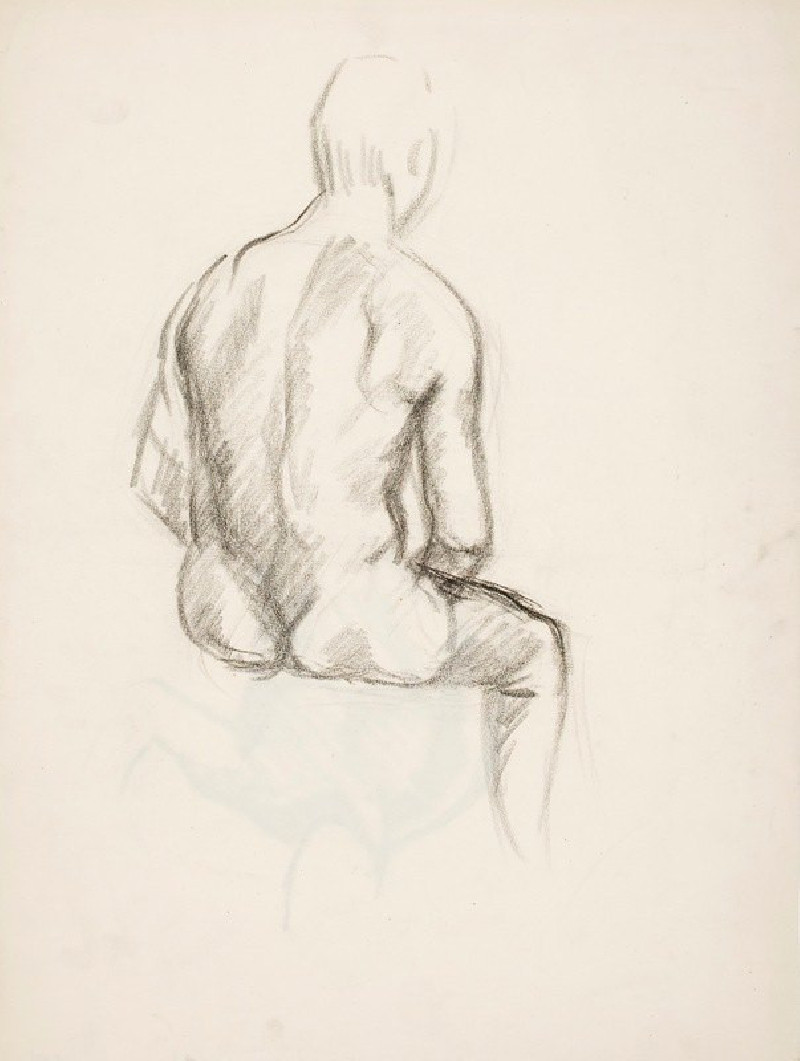
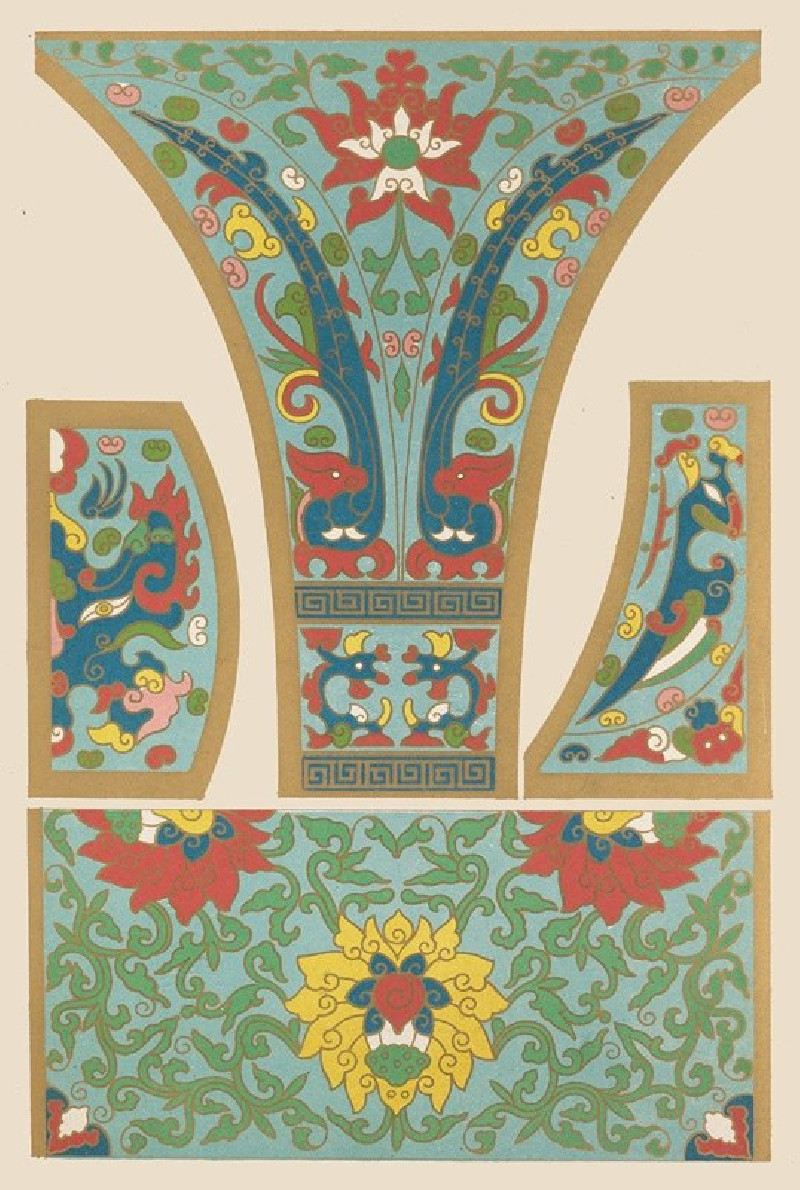
![Untitled [study of a telephone] reproduction of painting by Petrus van der Velden. ALL GICLEE PRINTS](https://reprodukcijos.lt/52130-large_default/reproduction-of-untitled-study-of-a-telephone.jpg)